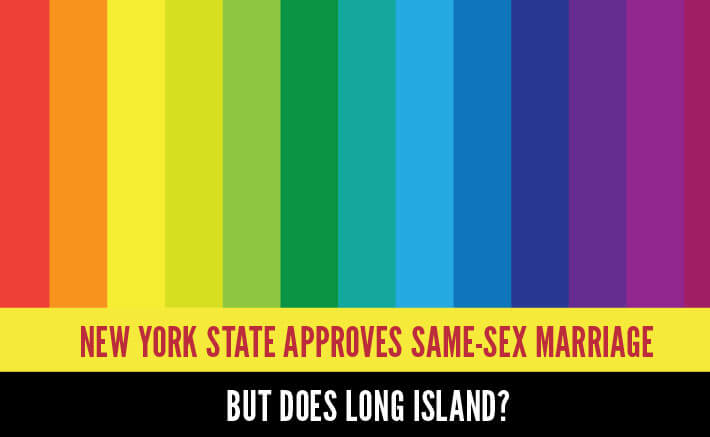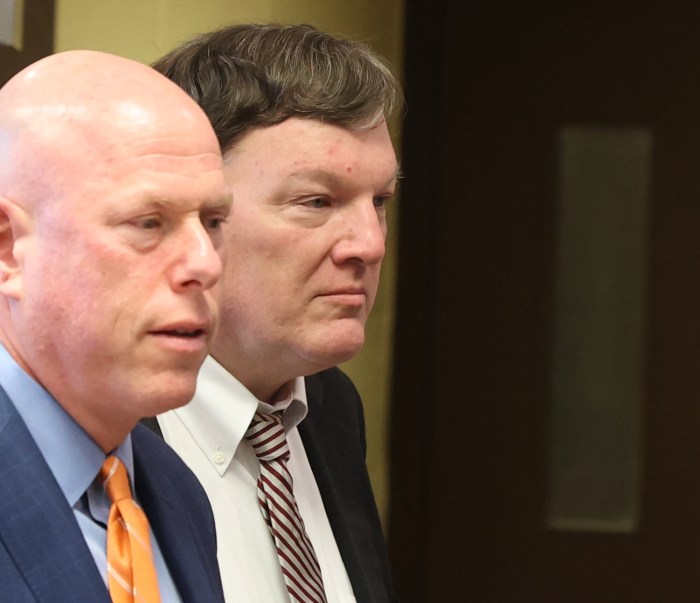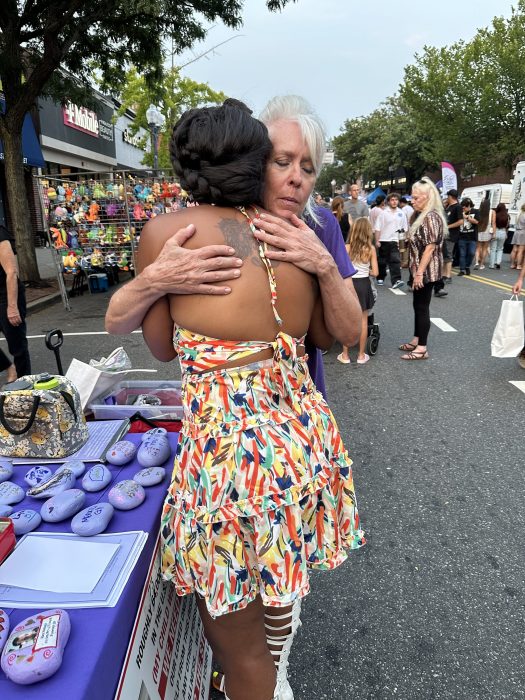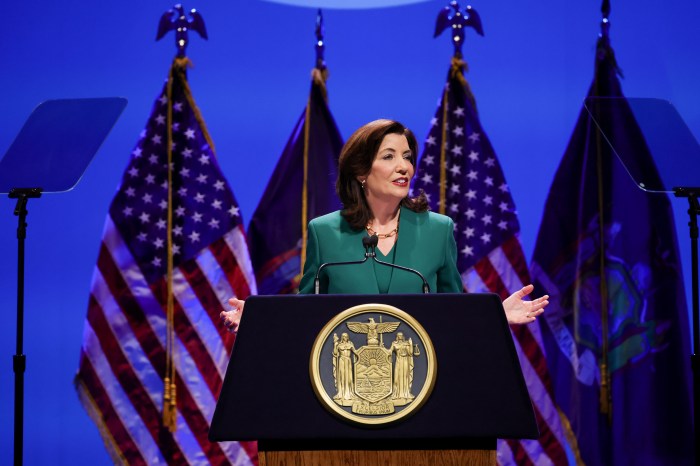
Politically, the biggest winner was undoubtedly Cuomo, who even before announcing his campaign for the governor’s mansion was on record supporting same-sex marriage. Once in office, he sought common ground with Skelos on a fiscally conservative budget to cut spending, hold the line on taxes and reduce the deficit.
On the marriage issue, Cuomo united the usually fractious lesbian and gay community, kept the Assembly from straying too far afield, and persuaded key Republican donors to assure any Republican senators open to considering the same-sex measure that they would have a source of campaign financing to ward off attacks from the Tea Party and others. This time around, the Catholic Church was not as vehement in opposing the bill as it had been in the past, and some say that’s also due to Cuomo’s personal entreaties to the archdiocese and his strategic maneuvering.
Meanwhile, proponents of the bill, championed by the nonprofit Human Rights Campaign, the largest national LGBT civil rights organization in the United States, were spending hundreds of thousands of dollars on a TV ad buy this month, bolstered by money pouring in from out of state as well as New York City. On the other hand, the National Organization for Marriage was raising money to oppose the bill, and had promised to spend a million dollars against it. Whatever it spent in Albany was too little, too late.
Skelos, who personally opposed the measure, “said that if the conference believes the bill should come to the floor, then it should come to the floor for an up or down vote,” explains Reif. “Members would be free to vote their consciences, both Democrats and Republicans. No one was going to require a party vote or anything like that.”
Cooper had nothing but praise for the majority leader.
“I’m sure he’s going to catch some political flak for allowing the vote but he deserves our gratitude,” he says. “If I was in a district of any of those Republican senators who voted yes, I’d be voting for them.”
As for the political repercussions locally, Cooper said that if Sen. John Flanagan (R-Smithtown) “had been willing to do the right thing, I would have been willing to endorse John Flanagan in the next election. I felt so strongly about it. I’m sure there were a lot of Democrats willing to cross party lines if he’d had the courage to do the right thing. The bottom line is that he didn’t.”
Flanagan’s spokesman declined to comment about the senator’s vote.
Cooper, who is being term-limited out of the Suffolk legislature, said he is seriously considering challenging Sen. Carl Marcellino (R-Syosset), possibly in 2012 or in 2014, and would announce his decision in September or October. Like Marcellino, Sen. Jack Martins (R-Mineola) was on record supporting civil unions instead of marriage equality, a position that Cooper finds untenable.
“As I’ve told people, if a straight person tells me, ‘You should just be happy with civil unions,’ I turn the tables and say, ‘If you’re married, would you be happy instead of being married being civil unionized? If that’s a term!
And, of course, the answer is no!” Cooper says.
Kilmnick, head of the Long Island GLBT Community Center and Services Network, tells the Press he’s going to help launch a campaign next year to “dump Long Island’s nine.”
Yet an aide for one of those nine, Sen. Lee Zeldin (R-Shirley), doesn’t see any pushback affecting his boss’s re-election chances.
“I don’t see that happening at all,” said Marcus Povinelli, Zeldin’s deputy chief of staff. “He was elected by his constituents. While this was an issue, there are many other important issues affecting the Third Senate District.”
Politics aside, for countless gay couples across the region and Long Island the vote was simply another defining moment in a decades-old and oftentimes tumultuous struggle for equality.



























